![]() E-TRIBE's An Myung Won (34) is known for being a killer producer, as he composed many of Korea's stellar pop hits, including SNSD's "Gee", Hyori's "U-Go-Girl", and T-ara's "Yayaya". Since he's always one step ahead of the market's trends, he's been chosen as one of Everyday Economy's "powerful 30s, leading the Korean entertainment industry." Check out his interview below.
-
Q. "How did you begin a career in music?"
A. "I was originally an environmental engineering major - definitely no connection to music there. I've always loved dancing and had a lot of interest in music, so I applied for a job at a karaoke company and got in. For about a year and a half, I photocopied approximately 2,000 songs until I started to think, 'I'll never get married like this, I should make my own songs.' That was 2005. Luckily, the songs I created at the time were all picked up by stars like Se7en and Hyori, and I've become a pro composer since."
Q. "E-TRIBE is known for 'hook songs' like 'Gee' and 'U-Go-Girl.' Hook songs are songs with disoriented, repetitive lyrics. Do you feel regret about being categorized in such a way?"
A. "At first, I didn't like what a 'hook song' was. I wanted to hear things like 'sensual', but because listeners focus on repetitive parts of songs, I think that's how such a notion came about. Later, I came to see that people were beginning to recognize 'hooks' as a 'link' to music, and have acknowleged that the songs I produce are 'hook songs'. Still, I strive to make E-TRIBE style 'hook songs.'"
Q. "What is an E-TRIBE style hook song?"
A. "I'm talking about making hooks through music as opposed to the melody, like 'gee,' 'yayaya,' and 'oh ee oh.'"
Q. "On the topic of 'Yayaya,' the lyrics were swept up in a controversy and received a lot of criticisms when it first came out. Could you share your thoughts on that?"
A. "When I first made 'Yayaya', I thought it was very pop in the way it sounded. I was honestly kind of scared at the public's response once the song was revealed. I actually had someone else write the lyrics at first, but it didn't give the feel that I wanted, so I just pushed with my own version. I've since tried to focus more on the delivery of my lyrics when I write now (laughter)."
Q. "It's a bit amusing that a man in his 30s is writing lyrics for girl groups. What do you think about when you write them?"
A. "I personally like cute things, like teddy bears (laughter). When I write songs, I think of characters from comic books and such, as well as fantasies and romantic dreams."
E-TRIBE's An Myung Won (34) is known for being a killer producer, as he composed many of Korea's stellar pop hits, including SNSD's "Gee", Hyori's "U-Go-Girl", and T-ara's "Yayaya". Since he's always one step ahead of the market's trends, he's been chosen as one of Everyday Economy's "powerful 30s, leading the Korean entertainment industry." Check out his interview below.
-
Q. "How did you begin a career in music?"
A. "I was originally an environmental engineering major - definitely no connection to music there. I've always loved dancing and had a lot of interest in music, so I applied for a job at a karaoke company and got in. For about a year and a half, I photocopied approximately 2,000 songs until I started to think, 'I'll never get married like this, I should make my own songs.' That was 2005. Luckily, the songs I created at the time were all picked up by stars like Se7en and Hyori, and I've become a pro composer since."
Q. "E-TRIBE is known for 'hook songs' like 'Gee' and 'U-Go-Girl.' Hook songs are songs with disoriented, repetitive lyrics. Do you feel regret about being categorized in such a way?"
A. "At first, I didn't like what a 'hook song' was. I wanted to hear things like 'sensual', but because listeners focus on repetitive parts of songs, I think that's how such a notion came about. Later, I came to see that people were beginning to recognize 'hooks' as a 'link' to music, and have acknowleged that the songs I produce are 'hook songs'. Still, I strive to make E-TRIBE style 'hook songs.'"
Q. "What is an E-TRIBE style hook song?"
A. "I'm talking about making hooks through music as opposed to the melody, like 'gee,' 'yayaya,' and 'oh ee oh.'"
Q. "On the topic of 'Yayaya,' the lyrics were swept up in a controversy and received a lot of criticisms when it first came out. Could you share your thoughts on that?"
A. "When I first made 'Yayaya', I thought it was very pop in the way it sounded. I was honestly kind of scared at the public's response once the song was revealed. I actually had someone else write the lyrics at first, but it didn't give the feel that I wanted, so I just pushed with my own version. I've since tried to focus more on the delivery of my lyrics when I write now (laughter)."
Q. "It's a bit amusing that a man in his 30s is writing lyrics for girl groups. What do you think about when you write them?"
A. "I personally like cute things, like teddy bears (laughter). When I write songs, I think of characters from comic books and such, as well as fantasies and romantic dreams."
![]() Q. "You've been producing a lot lately, like with Dal Shabet's 'Supa Dupa Diva', MBLAQ's 'Cry', Davichi's 'That's When I Lived', and JOO's 'Bad Guy.' All those pieces battled on the charts, but producing such an abundance might inevitably create room for plagiarism accusations."
A. "To clarify, I wouldn't call it an 'abundance of production', but rather the songs were all coincidentally released at around the same time. I produced the songs at different times, and of course, issues of plagiarism are the most sensitive ones to composers. I think A&R and filtering is a must. 'Bad Guy' was actually edited through filtering as well."
Q. "As a professional composer, are there standards to plagiarism?"
A. "I think the composers themselves know very well the similarity of their works to others whenever there is a plagiarism controversy. These are people who listen to more songs than anyone else, and so what it all it comes down to is their morals. Should they think of it easily and just go with it, or trash it? I think it's harder to make songs that aren't similar, since melodies and chords are already so saturated. Composers are constantly trying to piece together different puzzles in unique ways that others haven't thought of yet."
Q. "Plagiarism doesn't seem to be the only issue - there are a lot of people criticizing about how there have been too many songs being released that all sound the same."
A. "There are a lot of fresh composers who will surely be making hits on standby as we speak. Speaking from experience, hit composers are born out of two to three years of starving hard work. There's a lot of them, and they work constantly. So once that tangled string starts to loosen up, that's when their hit career begins. Personally, I believe that a new renaissance will come to the Korean pop music scene very soon, just like in the '90s, when a variety of different genres were available."
Q. "Then do you mean this is the end of the E-TRIBE generation (laughter)?"
A. "I, myself, am trying. I've been writing ballads since two years ago, and have since been thinking that I need to study the science of harmony first. Up until now, my music came from my senses. Now, I'm trying to go back to the basics and set up a firm foundation. I think, in the end, it's a battle of who spends the most time trying their hardest."
Q. "Is there anything you feel disappointed about with Korean pop music?"
A. "I think the singers themselves need to improve. Without improvement from the artist's end, it's difficult to judge how good or bad a song is. There needs to be more singers like Rain and Lee Hyori. We need artists who are able to make any song theirs. This, I think, is something they need to be working on."
Source + Photos: Everyday Economy via Naver
Q. "You've been producing a lot lately, like with Dal Shabet's 'Supa Dupa Diva', MBLAQ's 'Cry', Davichi's 'That's When I Lived', and JOO's 'Bad Guy.' All those pieces battled on the charts, but producing such an abundance might inevitably create room for plagiarism accusations."
A. "To clarify, I wouldn't call it an 'abundance of production', but rather the songs were all coincidentally released at around the same time. I produced the songs at different times, and of course, issues of plagiarism are the most sensitive ones to composers. I think A&R and filtering is a must. 'Bad Guy' was actually edited through filtering as well."
Q. "As a professional composer, are there standards to plagiarism?"
A. "I think the composers themselves know very well the similarity of their works to others whenever there is a plagiarism controversy. These are people who listen to more songs than anyone else, and so what it all it comes down to is their morals. Should they think of it easily and just go with it, or trash it? I think it's harder to make songs that aren't similar, since melodies and chords are already so saturated. Composers are constantly trying to piece together different puzzles in unique ways that others haven't thought of yet."
Q. "Plagiarism doesn't seem to be the only issue - there are a lot of people criticizing about how there have been too many songs being released that all sound the same."
A. "There are a lot of fresh composers who will surely be making hits on standby as we speak. Speaking from experience, hit composers are born out of two to three years of starving hard work. There's a lot of them, and they work constantly. So once that tangled string starts to loosen up, that's when their hit career begins. Personally, I believe that a new renaissance will come to the Korean pop music scene very soon, just like in the '90s, when a variety of different genres were available."
Q. "Then do you mean this is the end of the E-TRIBE generation (laughter)?"
A. "I, myself, am trying. I've been writing ballads since two years ago, and have since been thinking that I need to study the science of harmony first. Up until now, my music came from my senses. Now, I'm trying to go back to the basics and set up a firm foundation. I think, in the end, it's a battle of who spends the most time trying their hardest."
Q. "Is there anything you feel disappointed about with Korean pop music?"
A. "I think the singers themselves need to improve. Without improvement from the artist's end, it's difficult to judge how good or bad a song is. There needs to be more singers like Rain and Lee Hyori. We need artists who are able to make any song theirs. This, I think, is something they need to be working on."
Source + Photos: Everyday Economy via Naver
0
0
,
 Posted by 42 pts Tuesday, March 1, 2011
Posted by 42 pts Tuesday, March 1, 2011
E-TRIBE on his career as a composer, hook songs, and plagiarism

0
8,761
Share
Be the first to vote
 SHARE
SHARE
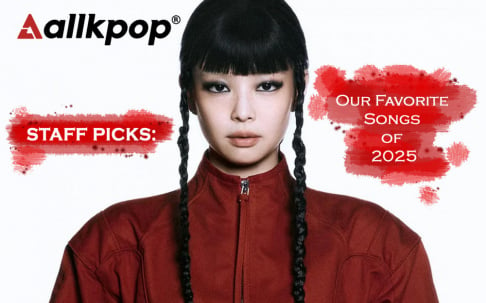

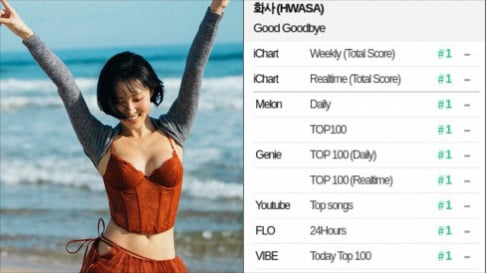
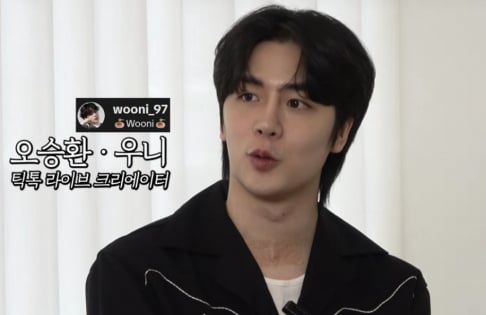
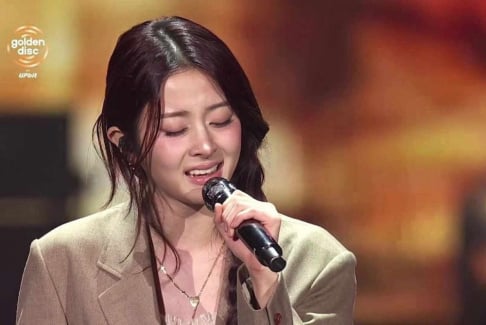
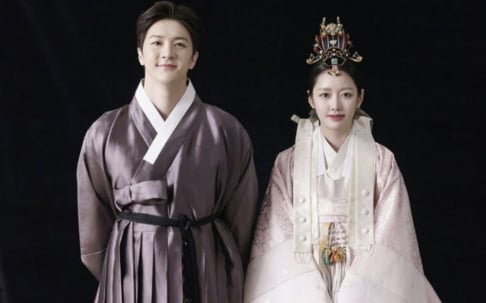
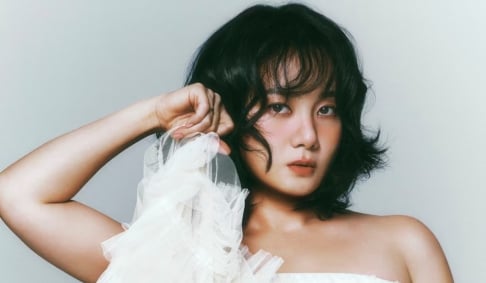


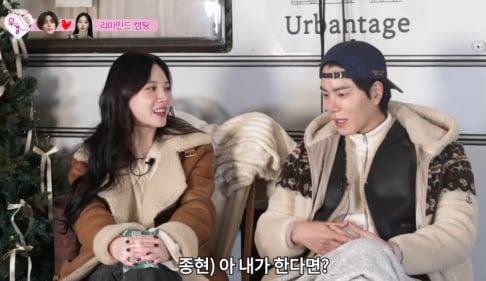
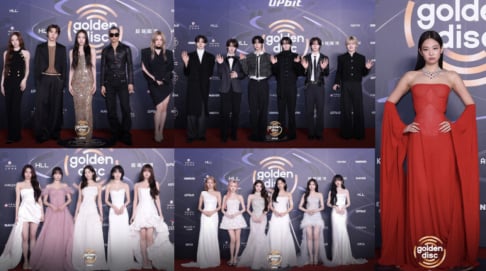
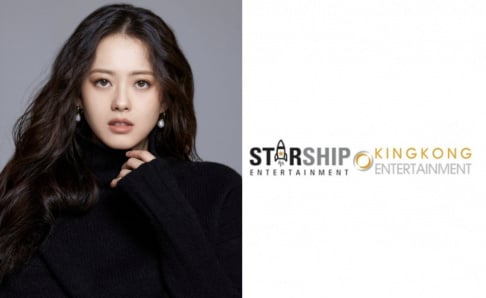
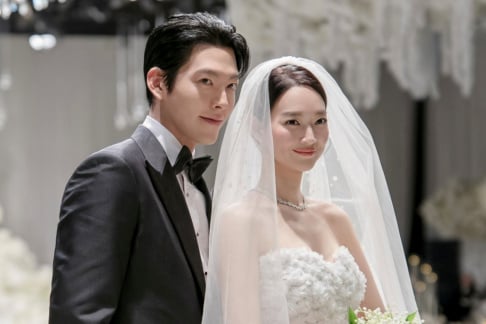

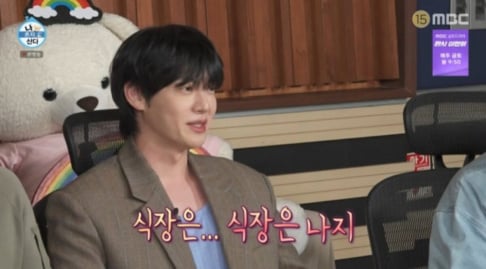
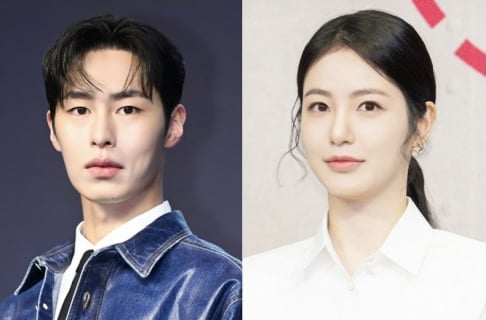
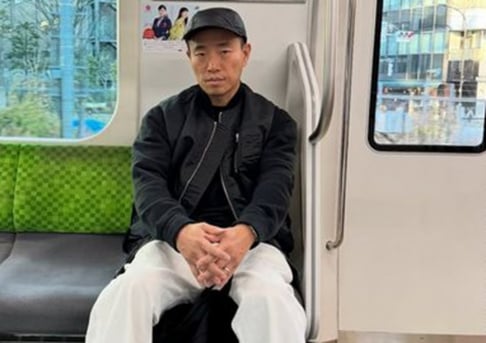
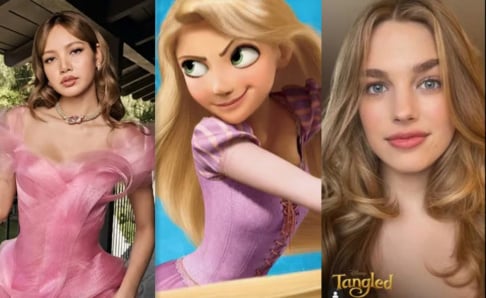
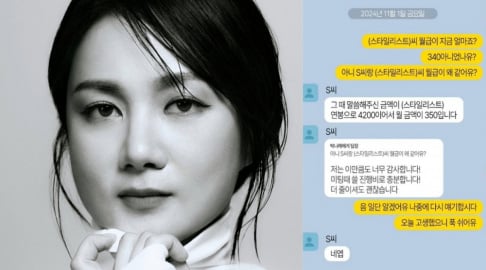

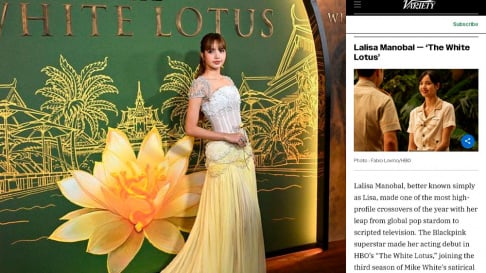

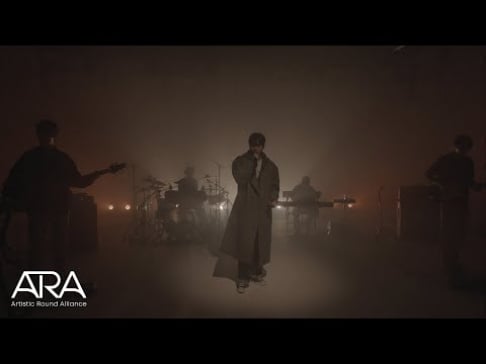
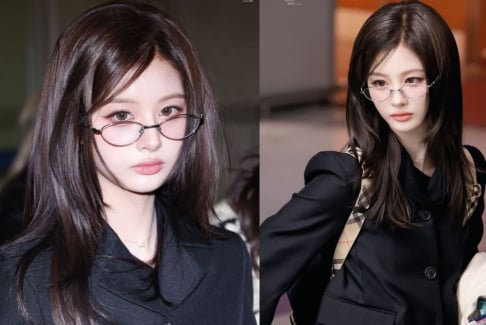
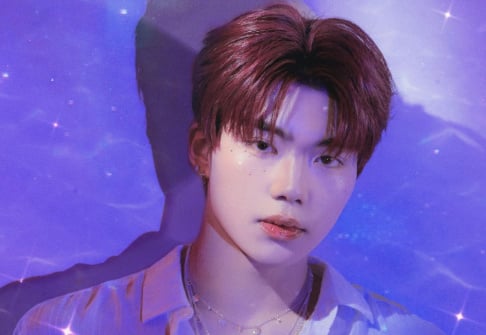
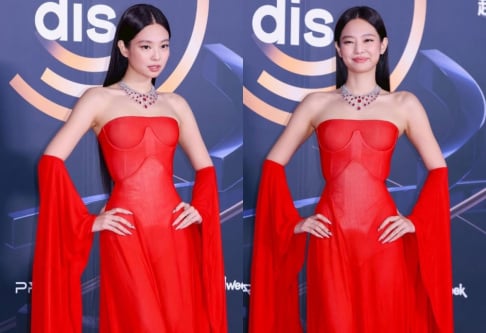
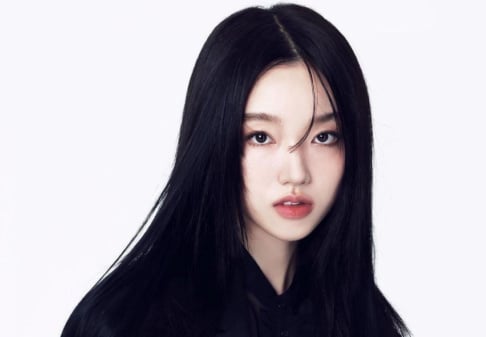
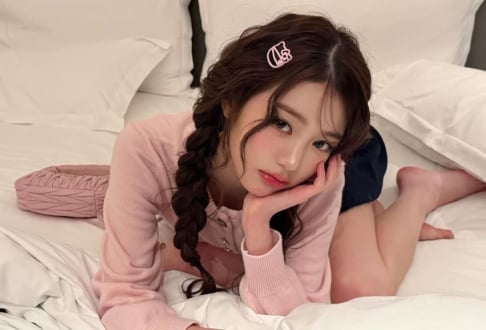
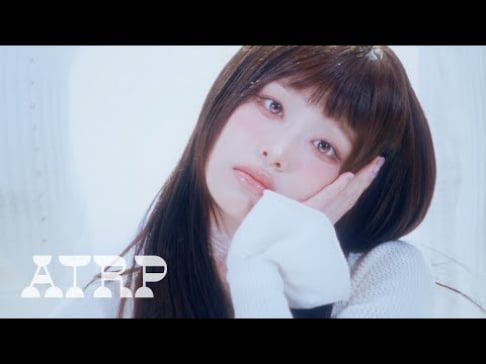
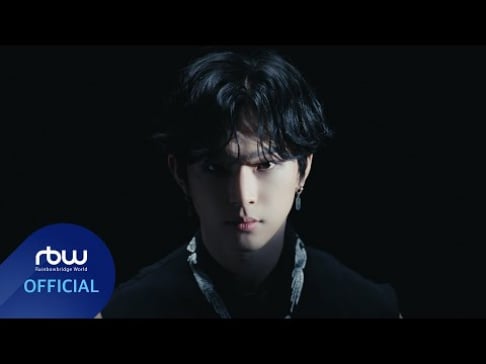
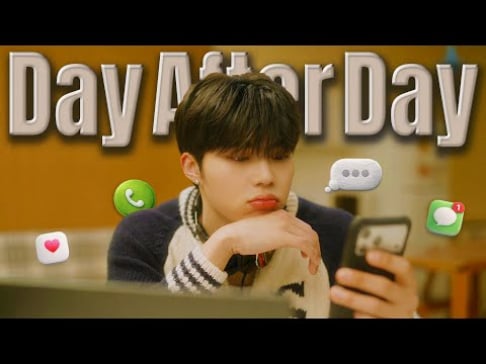
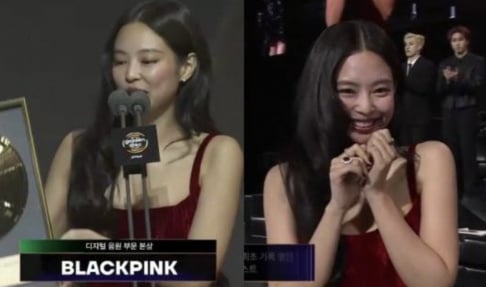








Log in to comment